All the best albums of spring 2023
Written by ABR on 22/05/2023
Musically, 2023 got off to a uniquely fast start, with eagerly anticipated albums from Paramore, Kelela and Caroline Polachek setting the stage for an unrelenting year of great tunes. Five months in, the flow hasn’t slowed, with new artists rising at rapid rates and longtime critical favorites continually reinventing themselves in the studio.
i-D’s spring list features some of the season’s most hyped albums, including a debut LP from Boygenius that lives up to the superstar trio’s reputation, a collection of Tyler, the Creator tracks that see the rap auteur using his pricey predilections as a window for introspection and the long-awaited debut from electronic music raconteur Yaeji.
But there are thrilling records below the marquee, including a ruminative breakup record from Chicago’s Warm Human that captures the persistent ache and gradual return of hope that comes from separation, and one of the year’s best indie rock albums from Sir Chloe. Add to that verses upon verses of “run it back!” bars from midwestern rap acts like Cash Kidd and DefPrez, and 2023 is already shaping up to be stellar, with the inescapable summer records still to come. These are the best albums released this spring.

Boygenius, the record (March 31)
There was a tremendous amount of pressure on Julien Baker, Phoebe Bridgers, and Lucy Dacus when they announced Boygenius’ first studio album. The trio, Phoebe in particular, have become big stars, but casual listeners still sometimes reduce their varied and dynamic output to “sad girl music.” Others focus solely on their vivid lyrics on depression and anxiety, to the point of downplaying each member’s unique musical skills. the record is so much more than Avengers: Endgame for people who take Lexapro – it’s a testament to the power of collaboration.
Most songs on the record have a clear lead vocalist, but instead of sounding like scrapped solo album cuts retrofitted to a Boygenius project, they soar – thanks to the other two voices. The grungy sting of “Satanist” is vintage Julien, but its best moments come in the interplay between her and Phoebe on the first verse, or Lucy positing, “If the void becomes a bore, we’ll treat ourselves to some self-belief.”
Single “$20” is an instant standout. Also led by Julien, it rocks harder than your average Boygenius track, with pumping snares and chugging electric guitar. “Not Strong Enough” is another shrewd subversion of the tired “sad girl” indie cliche. With an Americana gallop recalling The War on Drugs’ best work, the song sees Julien and Phoebe singing about how self-loathing can make you feel incapable of showing up for those who matter most in your life.
So many supergroups are better in theory than practice, either teasing us with a handful of promising tracks or releasing an album that’s ultimately overwrought or undercooked. Boygenius’ debut is an exception, a record that feels three-dimensional and fully-realized in a way the three indie superstars wouldn’t be able to do on their own.
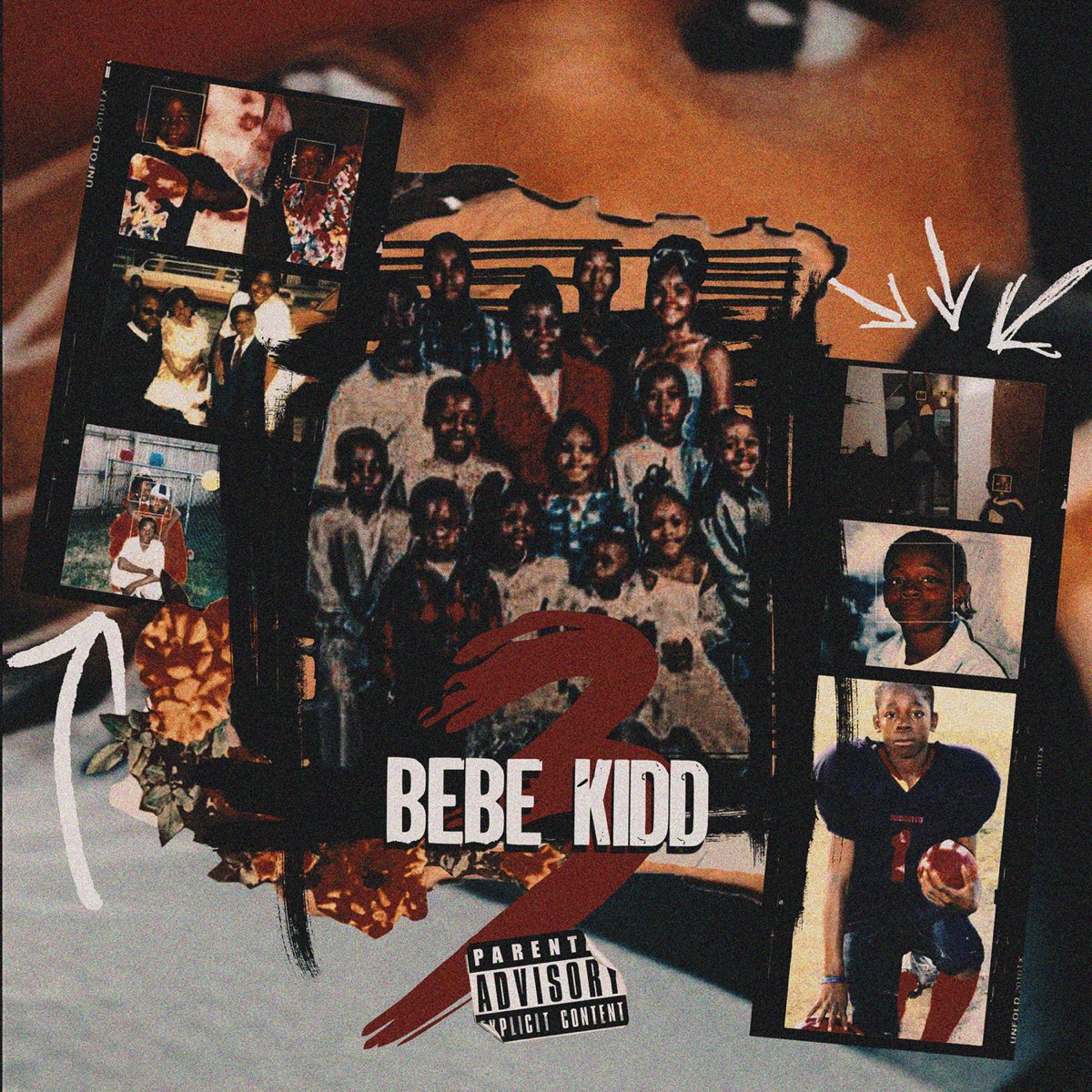
Cash Kidd, BeBe Kidd 3 (March 31)
If Cash Kidd ever loses interest in rap, he could make a lucrative second career as a punch-up writer on your favorite late-night talk show. The Detroit rhymer, who remains something of a cult favorite despite a handful of viral hits, packs his songs with so many punchlines it’s impossible to retain them all from a single listen. The latest installment in his BeBe Kidd series sees him in fine form, liberally sprinkling humorous quotables and slick pop culture references in equal measure.
“Please Stop Rapping” is as disdainful as its title suggests, with Cash Kidd using a precise staccato flow to dismantle the musical dreams of his rivals. His record with E-40 is an ace contribution to the long list of Detroit-Bay Area rap collaborations, and it’s stuffed to the seams with killer lines. (“Real Ps move in silence like pneumonia,” “New side bitch meaner than Matilda’s teacher.”)
Detroit has more than a few funny MCs, but what sets Cash Kidd apart is that he’s also able to capture poignant themes while still making you laugh. His nasally, sing-song delivery is deceptively expressive, as he’s capable of conveying woundedness and exasperation, whether he’s recalling his hardscrabble adolescence or a longtime friend’s betrayal. Atop muted pianos and vocal chops, the rapper takes us through a coming-of-age odyssey on “Same Kidd From A.L. Holmes,” cramming stories about early crushes, his first dalliance with crime as a preteen and vivid snapshots of a childhood in poverty. There are more autobiographical details in “A.L. Holmes” than many rappers pack into entire mixtapes.
Cash Kidd may be a little too eccentric to have a truly mainstream moment like some of his Detroit peers like Babyface Ray or 42 Dugg, but he embodies everything that makes the city’s rap music great. His mix of razor sharp wit, detailed scene-setting and earnest emotions makes him an artist whose discography is a joy to dive into, and BeBe Kidd 3 is a perfect place to start.
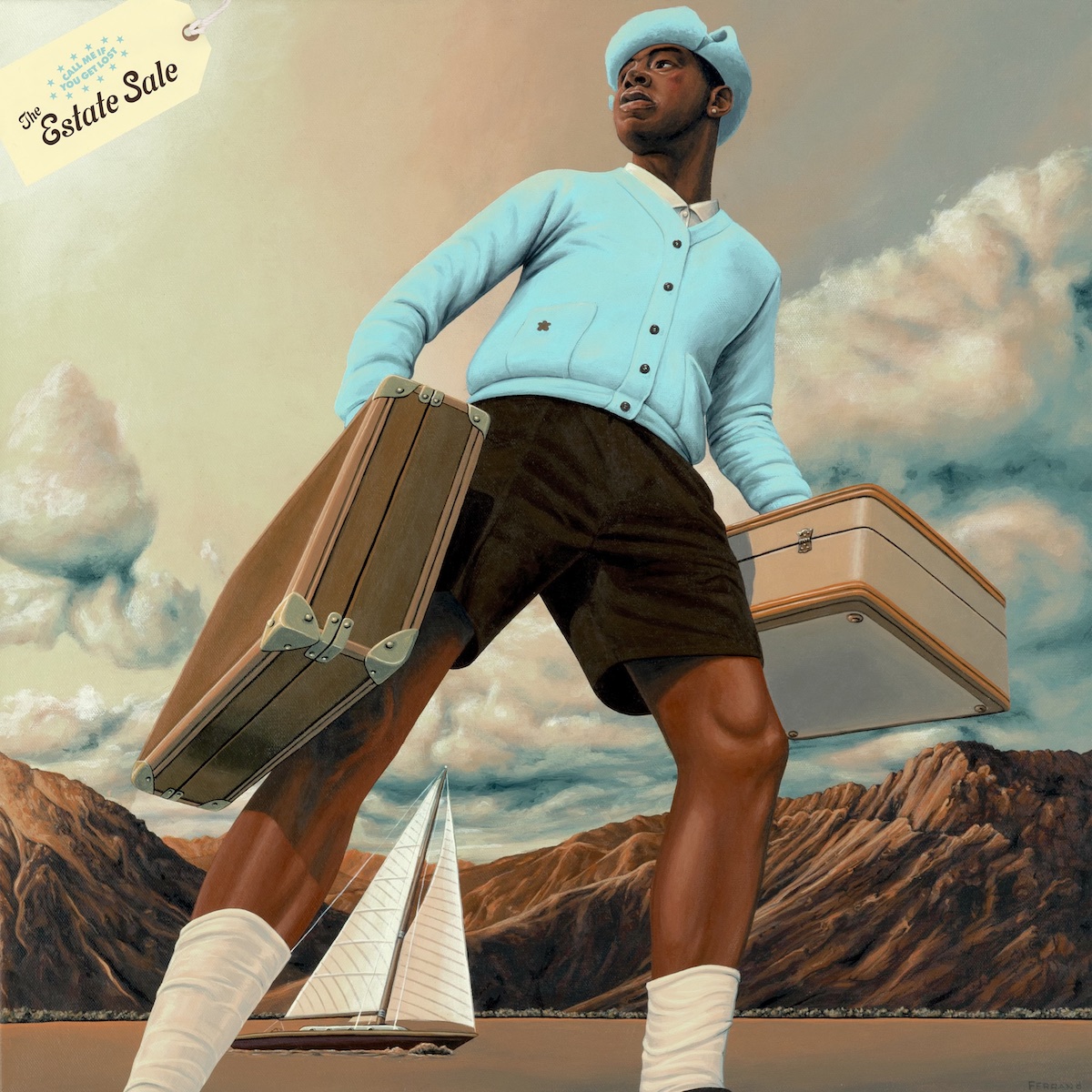
Tyler, the Creator, Call Me If You Get Lost: The Estate Sale (March 31)
Luxury rap can reach a point of diminishing returns – one of the criticisms of Kanye West and Jay-Z in the early 2010s was that they had entered such a rarified tax bracket that the things they were bragging about were unfathomable to the layman. Tyler, the Creator has been living lavishly since releasing 2021’s excellent Call Me If You Get Lost, but he’s sidestepped the splurging fatigue by 1) finding creative ways to bring us into his one percenter world and 2) expressing such a sense of gaiety that the listener can’t help but feel happy for him.
The Estate Sale, a collection of unreleased songs from the CMIYGL sessions, is filled with Brewster’s Millions flexes, from Tyler’s “jelly bean, kelly green Rolls” Royce to his preference for private jets (“The plane fly better when it’s just me and the pilot”) to his recommendations for what a guest should pack for a trip on his new boat (“Bring some fiction and a nightlight”).
Tyler even uses his fascination with fashion as a vehicle for storytelling. On the closing verse of “Heaven to Me,” He reflects on his early days with Odd Future, setting the scene by describing his then-signature green Supreme hat and cheetah print T-shirts. “Fuckin’ Wendy’s up, brainstormin’ ways to get our pennies up / Me and Jasper spendin’ last bucks on the city bus / Wayne tapes and Vice mags and Portishead drops,” he raps with a nostalgic warmth. The sprawling closer “Sorry Not Sorry” lacks narrative cohesion, but it contains lyrics about Tyler’s romantic life and his family, even acknowledging the dissonance he feels between his love for the finer things and his responsibility to carry on the activist mission of his ancestors.
All of this is what elevates The Estate Sale into something greater than the sum of its very pricey parts. Tyler uses his materialism as a window to his soul.

Warm Human, Hometown Hero (March 31)
If you didn’t know Warm Human’s Hometown Hero was a breakup album, it’d be pretty easy to guess by the end of its first stanza. “I can’t get out of my head / I’d give anything I have,” Meredith Johnston sings, first alone and then in Bon Iver-ian three-part harmony with herself. The self-described “sludge pop trash princess” wades into the murky, choppy waters of post-relationship life with incisiveness and candor, whether she’s imagining her ex’s new life (“And I hope she’s nice / The girl I made up for you / And I hope she treats you better / Than I could do,” she sings on “Daylight Savings”) or reflecting on the true cause of their many fights (“When we yell at each other / We’re not yelling at one another / We yell at our childhoods,” she says on “Make Good”).
Despite being a record about separation, Hometown Hero isn’t all sullen acoustic balladry. Across the tight nine tracks, the Chicago musician, who recorded and produced the LP herself, offers her take on bristling 90s garage rock (“Better Than Who?”), hard-driving alternative (“Do It”) and low-end heavy indie (“Coin Shortage”). Sonically varied and winningly frank – few songs capture the hollowness of starting to date again after a major relationship ends like “Apathy Police” – Hometown Hero sidesteps romantic cliches in favor of the messy, human truth.
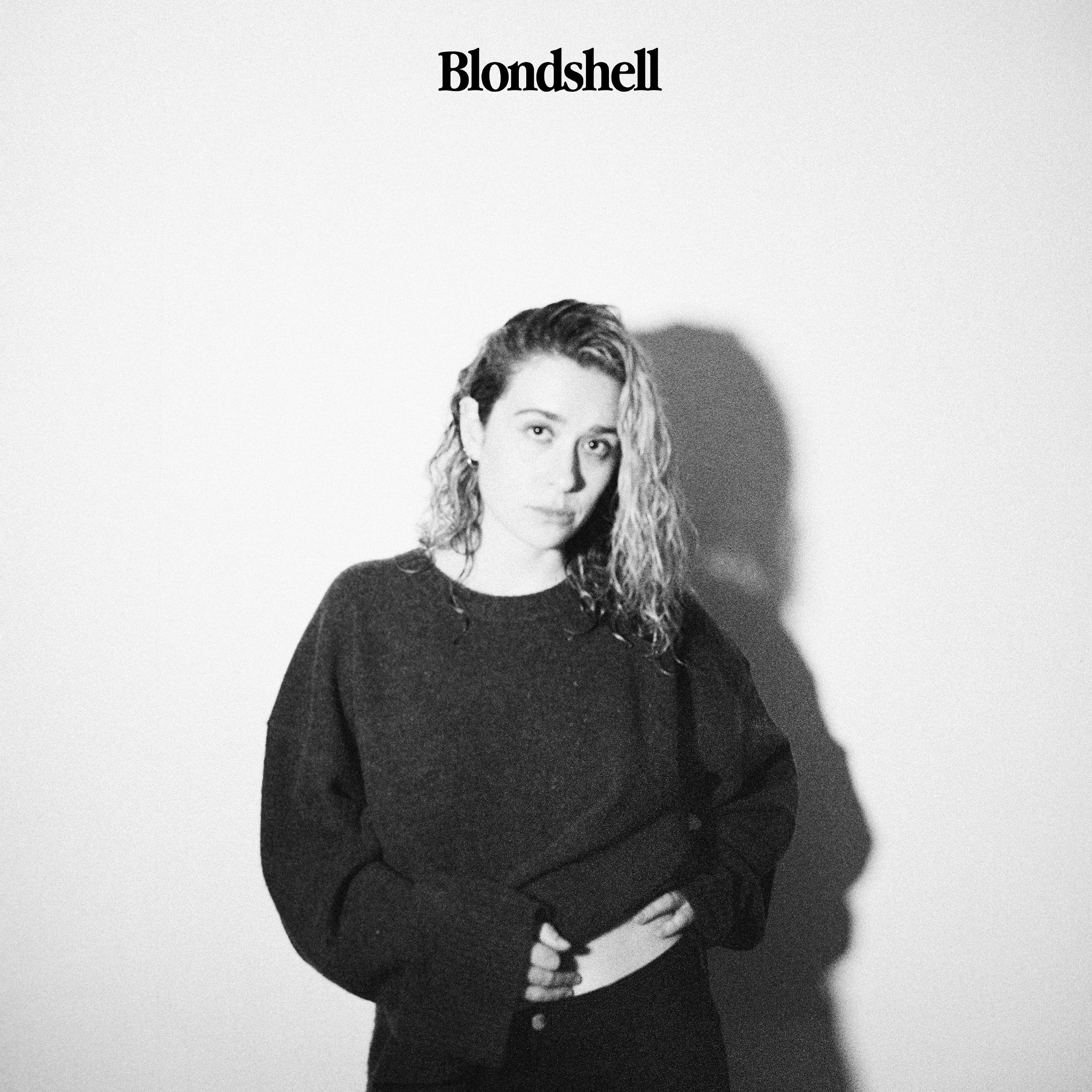
Blondshell, Blondshell (April 7)
Forward-thinking press were hailing 2023 as the year of Blondshell, and with Sabrina Teitelbaum’s self-titled debut album out now, those prognosticators proved to be dead on. Blondshell is one of the better entries in the canon of 90s alternative revivalism – there are chunky power chords, but also the slow-burning “Kiss City,” which starts off sounding like a ballad sung at the bar of a White Lotus hotel before exploding into a fiery statement about asserting your needs (and wants) in a relationship.
The lyrics are uniformly great. Bracingly revealing, often witty, Sabrina writes naturalistically, but lets her serrated wit come through. “Call me, I wanna be there for you / But not in a way that lets you take me down with you,” she sings on “Sober Together,” a stirring track about addiction and relapse. “Asking you did I bring the vibe down / After the hangout / He and I made out, and I think I hate it / But I initiated,” she admits on closer “Dangerous,” a finely sketched portrait of the specific kind of anxiety we feel among our closest pals.
At a lean nine songs and 33 minutes, Blondshell does what all introductory projects strive to by establishing Sabrina as a unique talent in a crowded field, someone whose songwriting is so specific it feels crafted just for her ears and yours.

Yaeji, With a Hammer (April 7)
It’s been more than five years since Yaeji took the electronic music world by storm with tracks like “Raingurl” and “Drink I’m Sippin On,” demonstrating her prowess as a producer, DJ and nimble vocalist all at once. With a Hammer is technically the 29 year old’s debut studio album, but Yaeji very much feels like a known quantity at this point, with two EPs, an acclaimed mixtape and plenty of high-profile festival gigs under her belt. Still, With a Hammer is Yaeji’s best work to date, a complex, sonically lush album that bristles with justified rage and resilience.
There are times on Yaeji’s latest where she builds warmth within metallic infrastructures that feel eerie, almost like the androids in the Alien franchise. On “With a Hammer,” she sings coolly “There were days I gave up / And put a mask on my face, brain and heart / To take a break from the truth / To take a break from the false.” On “For Granted,” she opines, “Today has been a little weak, a little strong / I light a little fire / Anything that touches me will evaporate / And fly higher and higher.”
The staccato, fractured nature of percussion and synths on these songs, as well as “Fever,” doesn’t diminish the emotional reach of the lyrics or Yaeji’s emotive, close-to-the-mic singing style. If anything, it’s like Patricia Lockwood’s No One is Talking About This, or any of the other great works of art about our lives in the online labyrinth. (This production style also makes the mellifluous, jazzy horns on “I’ll Remember For Me, I’ll Remember For You” a moving moment of contrast.) It’s about showing our humanity and vulnerabilities within the framework of technology, something that makes electronic soundscapes uniquely effective… if the vocalist and songwriter is as skilled as Yaeji.

DefPrez, It’s Always A Time Like This (April 14)
The rap duo is a time-honored hip-hop tradition practically as old as the genre itself, and the give-and-take between two locked-in MCs is hard to replicate. On their latest collaborative project, It’s Always A Time Like This, Chicago rhymers CrashPrez and Defcee push the discipline forward with help from Milwaukee producer knowsthetime.
With poise and lyrical skill, the rappers of DefPrez are able to articulate their struggles in a way that’s both imaginative and frank. “Fire-water swimming, did baptisms in cold Jack / Slaughtered to submission, no mint condition when grown Black,” CrashPrez reflects on “Cold Wax,” a muscular verbal showcase where the pair rap over wincing guitars on a drum-less instrumental. “I’m still allergic to death. Eyes get to swelling at hearses and permanent rest / Pull up at church for the service. No nerve for interments. I fled,” Defcee admits on “Inheritance,” a record with walloping boom-bap drums and dreamy electric piano.
Though It’s Always A Time Like This can be sullen, and knowsthetime often embraces the moody palette of contemporary underground rap, the talent of the two MCs leads to plenty of thrilling moments. “Keep That” is a shit-talking masterclass, as the duo glide confidently atop thunderous 808s and horror movie string swells. The album’s closer, “Deserve,” sees CrashPrez and Defcee rapping nimbly over frenetic jazz drums, their fast flows emphasized by each snare-heavy percussive fill.
The label “underground hip-hop” remains an instant turn-off for some listeners, but It’s Always A Time Like This isn’t stuffy or elitist. This is a true everyman rap record, brimming with poignant bars and the kind of chemistry on the mic that groups spend a decade trying to cultivate.
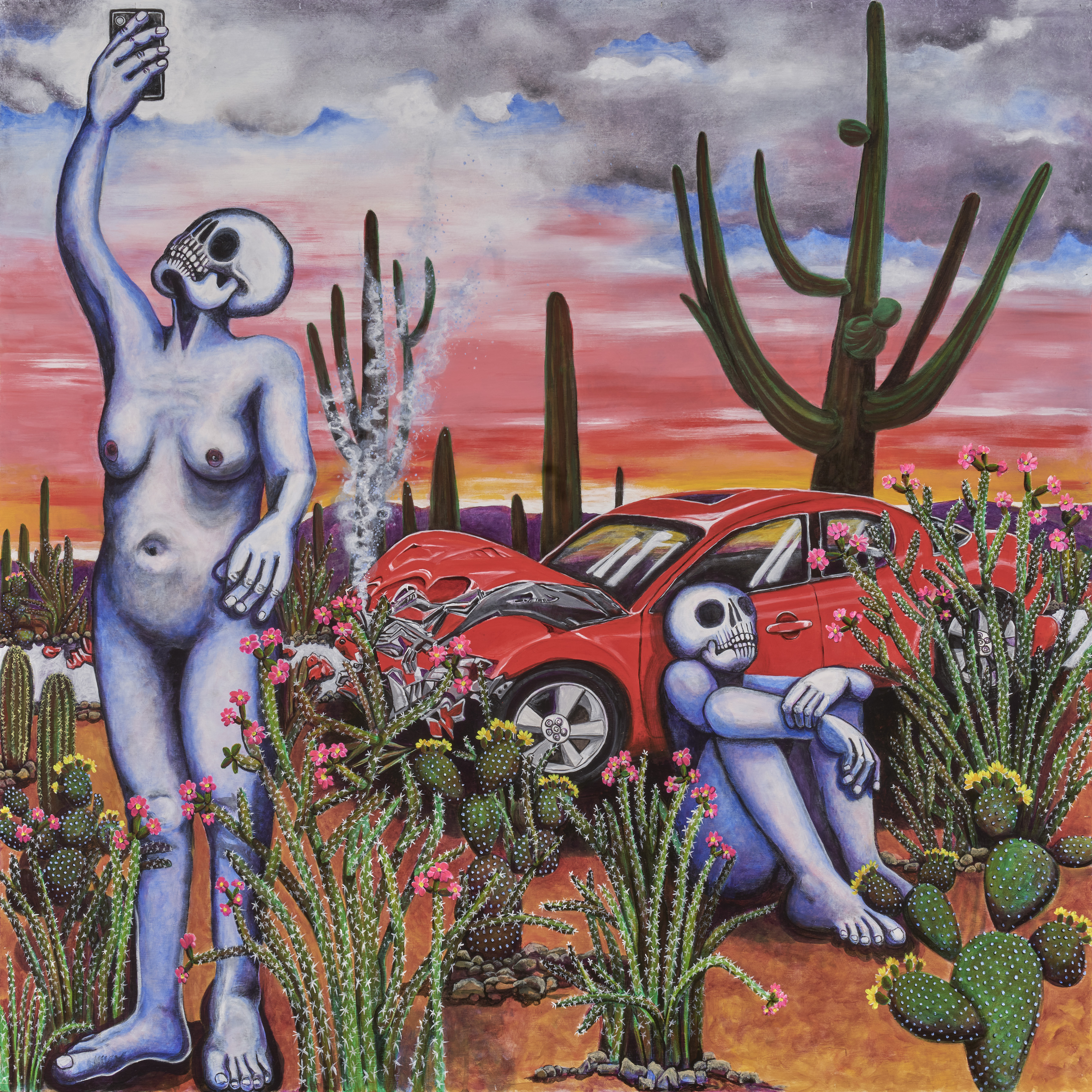
Indigo de Souza, All of This Will End (April 28)
When an acclaimed indie filmmaker makes the jump to the studio system, the concern is that they’ll compromise the internal spark that made their work resonate in the first place. It’s also a concern with singer-songwriters, particularly those like Indigo de Souza whose incisive lyrics and emotive vocal style made 2018’s I Love My Mom and 2021’s Any Shape You Take fan favorites. But Indigo’s writing is so sharp, her songwriting so poignant, that 2023’s All of This Will End feels more intimate, even as the tracks sound fuller and richer than ever before.
“I’d like to think you got a good heart / And your dad was just an asshole growing up / But I don’t see you trying that hard to be better than he is,” she sings on “You Can Be Mean,” a song that masterfully wrestles with the complex issue of being in a relationship with a person who habitually mistreats you. It’s vintage Indigo, tackling a widely relatable topic through a vivid personal example.
Indigo recently caused a bit of a stir after a lengthy Instagram story post asking, “When are we gonna stop reviewing music?” and denouncing the idea of critiquing someone’s deeply personal work. It’s a frustrating refrain from an artist – criticism is an art form itself, and music released to the public deserves to be pondered and probed – but it’s somewhat understandable coming from Indigo. Lots of artists claim to bare their souls, but on All of This Will End, she actually does.
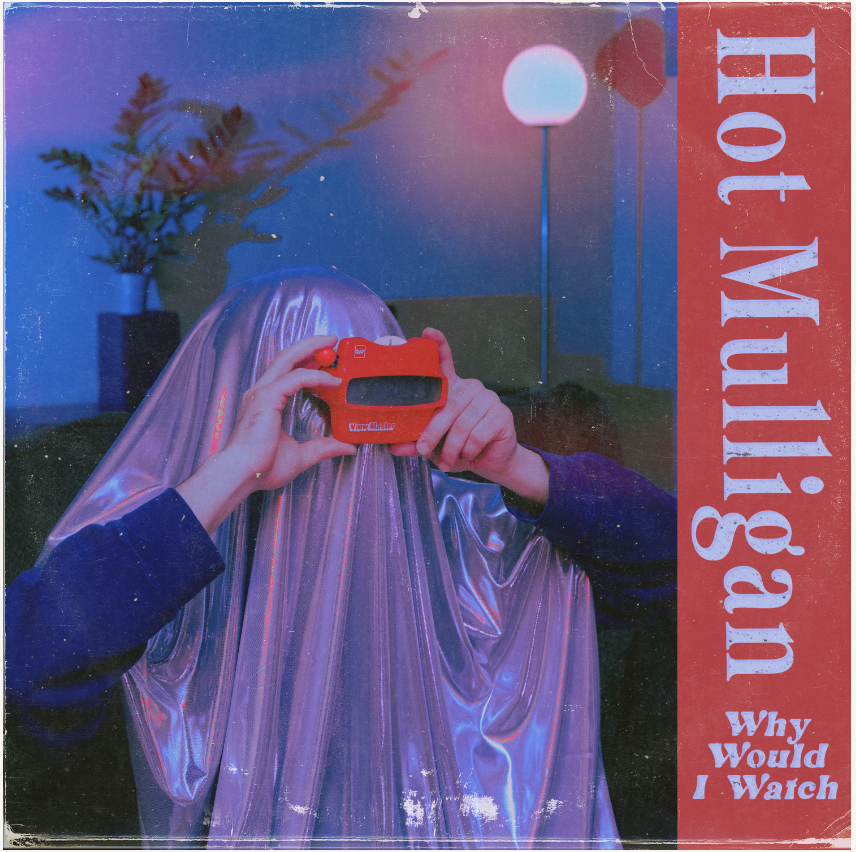
Hot Mulligan, Why Would I Watch (May 12)
Emo music has been in its “revival” for three years now, and you can find its influence enduring in hip-hop, fashion and even the most ubiquitous of pop tunes. But getting a faint hit of the genre as background music at a retail store or in an Uber pales in comparison to the glorious catharsis of a truly great emo record. Enter Hot Mulligan, the Michigan quartet who bring shades of screamo, a hearty dose of pop punk, and at least one irresistible guitar lick per track. A slow builder since their 2016 debut, Opportunities, 2023’s Why Would I Watch feels like a true inflection point for the band, the kind that could put Hot Mulligan on the forefront of the emo revival revival.
Not since the halcyon days of Fall Out Boy and Say Anything has a band had this much fun with their song titles. Why Would I Watch boasts a few great ones: “It’s a Family Movie She Hates Her Dad” and “No Shoes in the Coffee Shop (Or Socks),” just to name two. But beneath the droll names, Hot Mulligan has charming, Midwestern earnestness that’s important for great emo music. Lead vocalist Tades Sanville screams and belts well, but there’s also a natural emotiveness in his tone that makes poignant lines like, “Meditate, try a medicine, all conclusions lead / I’m not meant to live that long / Guilty fate, hope my father don’t take it on himself if I’m gone,” on opener “Shouldn’t Have a Leg Hole but I Do” pierce your heart.
Though thematically somber, Why Would I Watch consistently rocks. “Christ Alive My Toe Dammit Hurts” is all soaring runs from lead guitarist Ryan Malicsi, and Brandon Blakeley’s percussion makes these songs you can actually dance to, not just sway arrhythmically. Hot Mulligan’s latest works as both a salve for emo fatigue, and a genuine treat for hardcore fans of the genre.
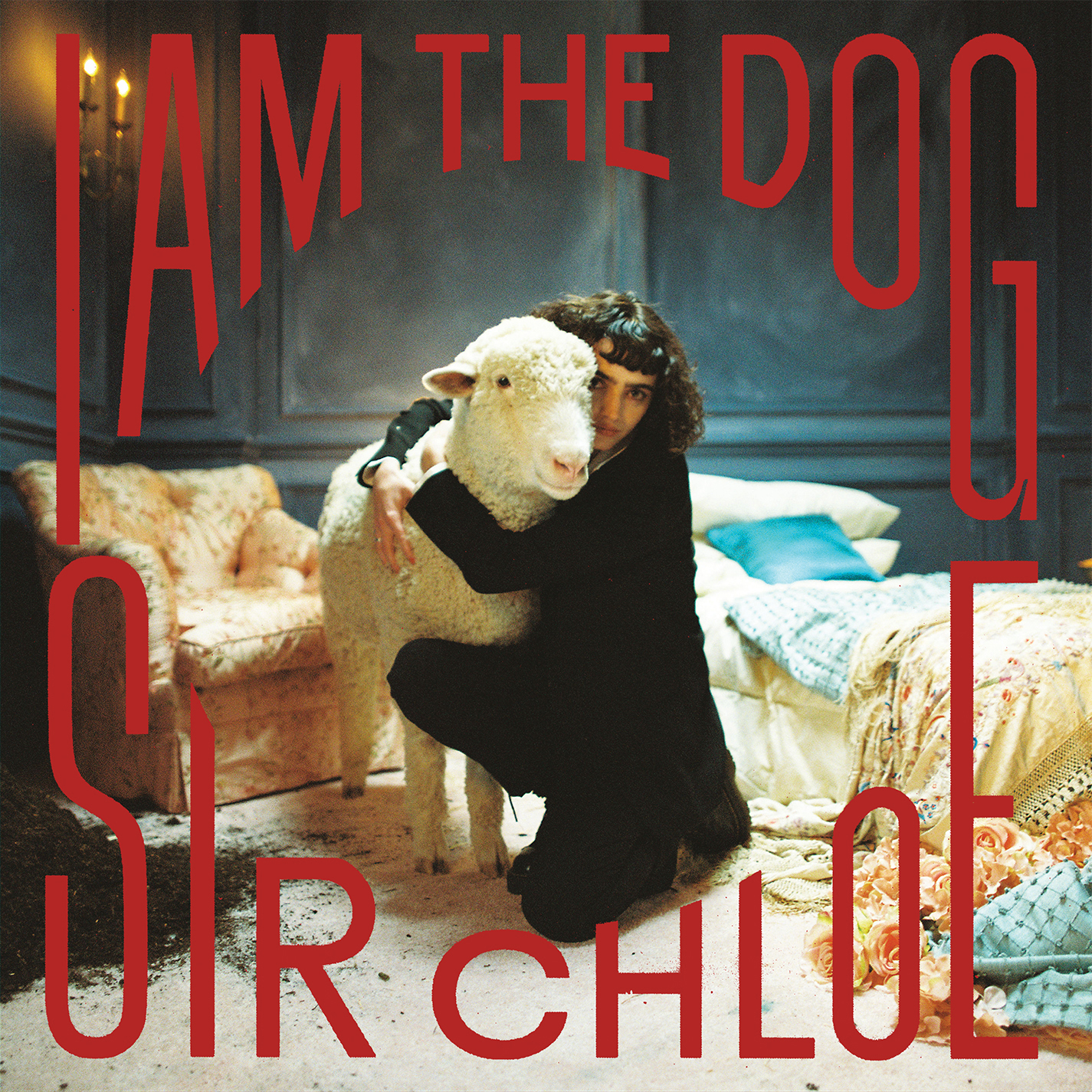
Sir Chloe, I Am The Dog (May 19)
Even though it’s commonplace nowadays, something still feels odd when an indie band scores one of those TikTok hits. You know, the kind that gets sped up and then “slowed & reverb”-ed within an inch of its life. It happened to Sir Chloe with their 2019 single “Michelle,” a song about a dysfunctional relationship that plays out like a slow-motion car crash.
There’s an all-star team on board for Sir Chloe’s major label debut I Am The Dog – Lana del Rey producer John Congleton, Illuminati Hotties’ Sarah Tudzin, superstar songwriter Teddy Geiger – but the album always feels like lead singer Dana Foote’s vision. On the verses of songs like “Should I” and the title track, Dana shows an almost eerie level of restraint against the churning of crunchy guitar chords, but bursts to life on the hooks.
This tension and release is key to Sir Chloe’s brand of rock music, whether the band is leaning more into post-punk on single “Hooves” or new wave on “Feel Again.” I Am The Dog is a restless, and, at times, uncomfortable listen but one that commands your attention all the while. In those ways, Sir Chloe’s LP is the opposite of a TikTok hit.
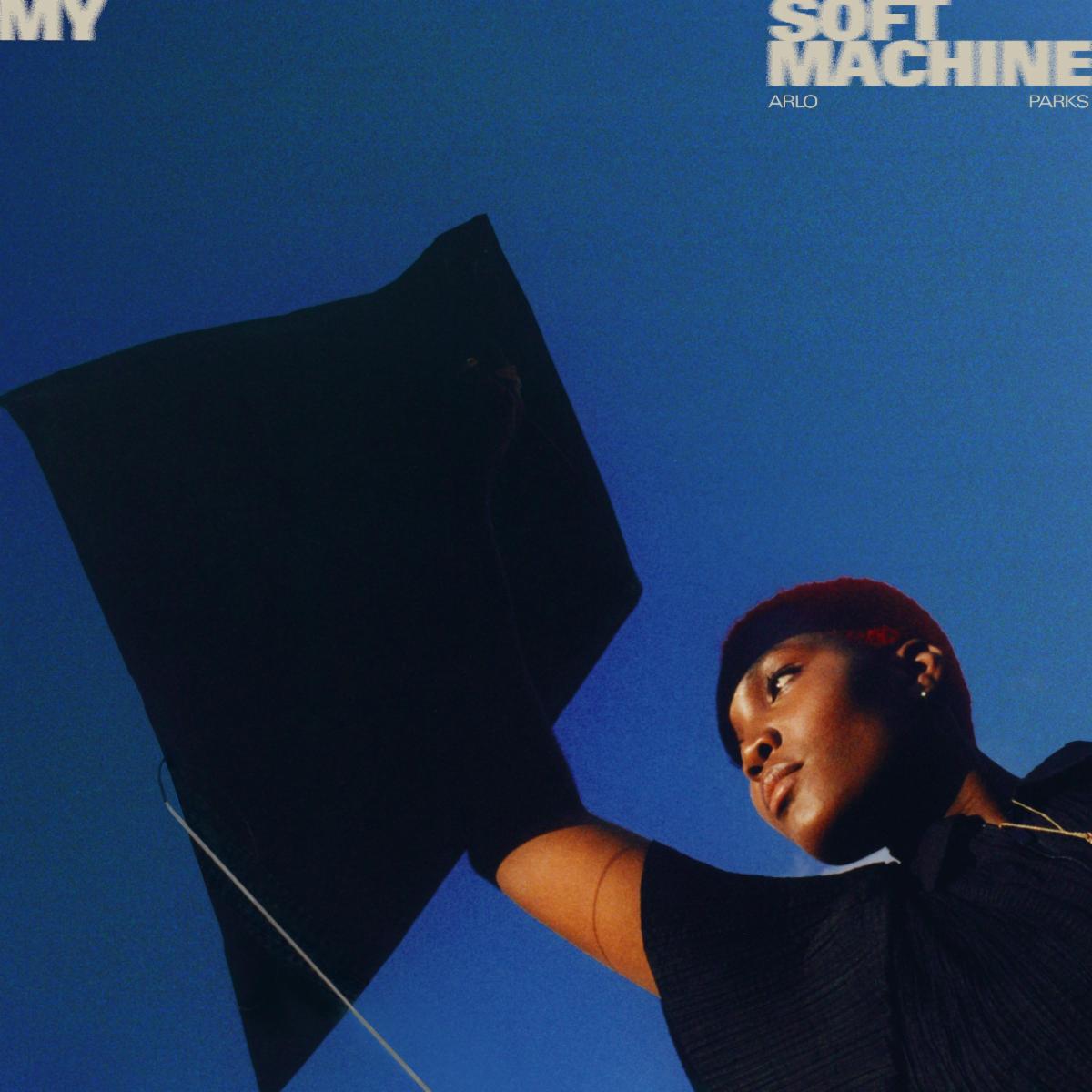
Arlo Parks, My Soft Machine (May 26)
In September 2022, Arlo Parks canceled several US shows, writing that in the last 18 months of nonstop tour dates and recording, she’d “pushed [herself] unhealthily, further and harder than I should’ve.” Given how much transpired for the now 22-year-old Londoner between the release of her Mercury prize-winning debut Collapsed in Sunbeams and that moment, it’s understandable that Arlo felt mentally and physically exhausted.
Some of that permeates My Soft Machine, her sophomore LP, which she recorded in spurts between her touring commitments. Fitting for an artist whose first major release was titled Super Sad Generation, Arlo’s latest dispels the notion that your early twenties are carefree. “There are sandflies in the champagne / You’re closed off, I’m so drained,” she sings on single “Weightless,” capturing a tender romantic moment curdling.
Sonically, the album continues Arlo’s trend of musical growth that began with Sunbeams. On “Blades,” she’s roller skating across hand claps and a neo-disco bass line. “Puppy” is a moody slice of electronic pop, with its fractured percussion recalling UK acts like Burial. “Ghost” is all Jai Paul guitar, adding an underlying urgency to Arlo’s calm delivery.
It’s befitting that Arlo drew the album’s title from Joanna Hogg’s film The Souvenir. Both the movie and My Soft Machine are finely-rendered portraits of young artists struggling, with enough aesthetic and sonic beauty to make the difficult realities easier to stomach.
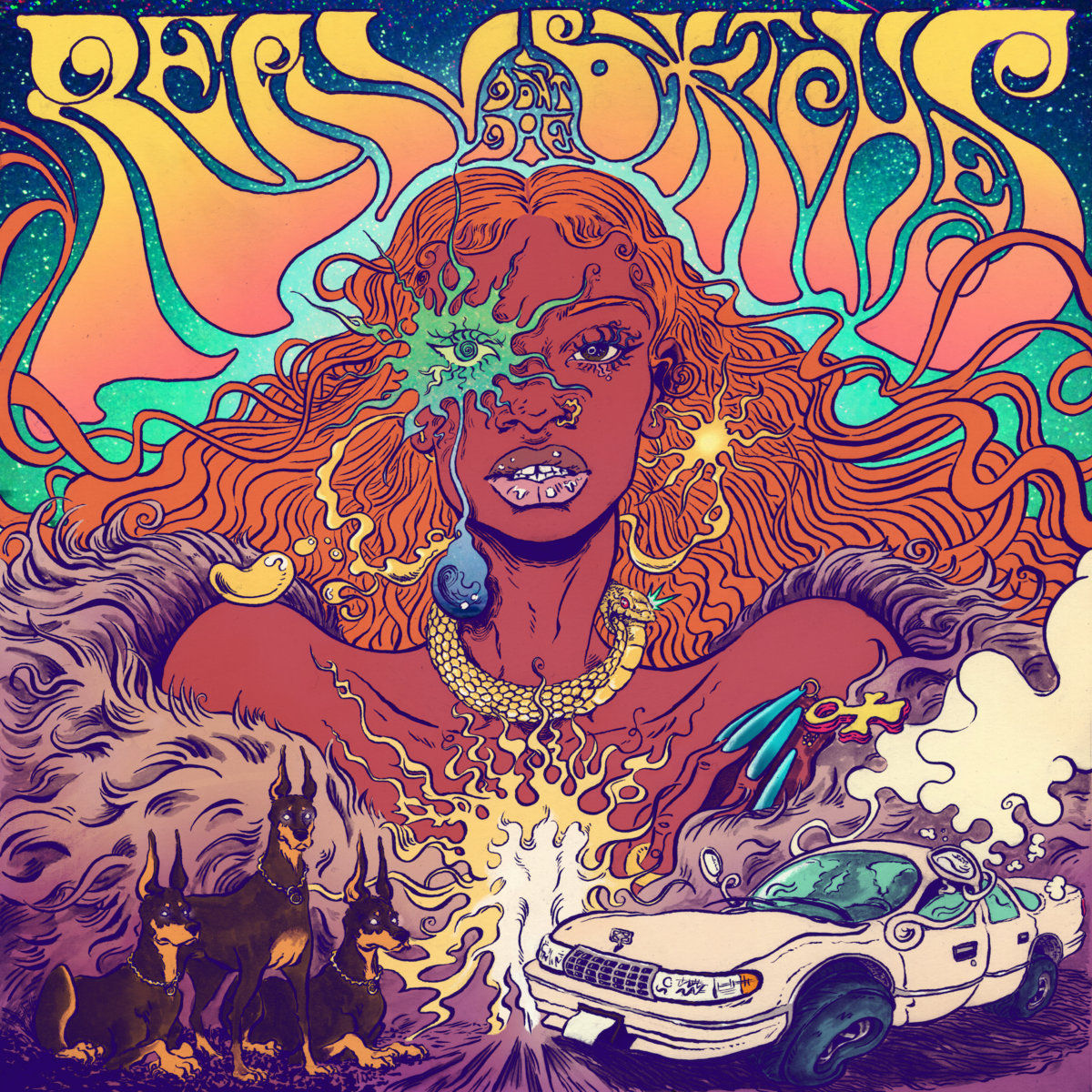
Kari Faux, Real Bitches Don’t Die (May 26)
Originally from Arkansas, southern hip-hop has always been close to Kari Faux’s heart. In the throes of the pandemic, the rapper-singer moved to Houston, immersed herself in the city’s rich local culture and crafted Real Bitches Don’t Die, her strongest album to date.
The record has its brash, swaggering moments, like the affirmation anthem “Me First” and the deeply funky “Turnin’ Heads,” but those are juxtaposed against Real Bitches Don’t Die’s intro and outro, which capture Kari wrestling with grief over late friends and the passing of her aunt. “This song is dedicated to the ones I hear but can’t call / Finally got the wings to stand a million feet tall,” she raps with a sense of wistful peace on closer “Borrowed Time,” a gorgeously amorphous track lacking percussion but featuring swirling, chorus-heavy fretwork. The best Southern rappers have long displayed considerable emotional range, and Kari consistently does so here, while still keeping her alternative sensibility intact. “This is for my gangsta bitches that need forehead kisses,” she raps on “Drunk Words Sober Thoughts.”
The solemn context for Real Bitches Don’t Die doesn’t diminish its moments of joy. If anything, it helps Kari illustrate the importance of life’s little pleasures – sex, a nice car, talking trash – and she revels in these moments on tracks like “Make a Wish” and the neon-lit love song “Past Life.” In the past, Kari has flirted with the idea of making a cinematic concept album, and while Real Bitches Don’t Die may not have one straightforward narrative, its exploration of resilience and bereavement is the kind of thing filmmakers spend entire careers trying to capture.



 ABR Group
ABR Group